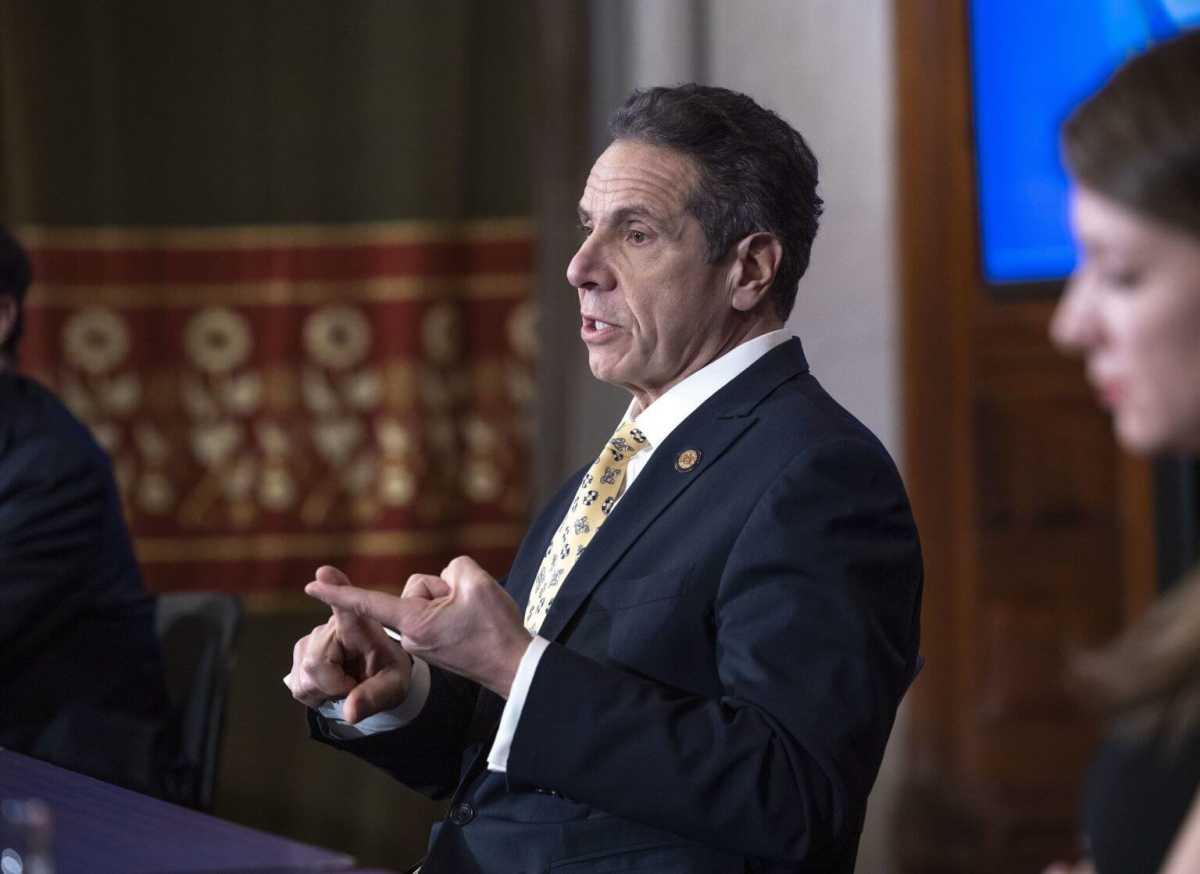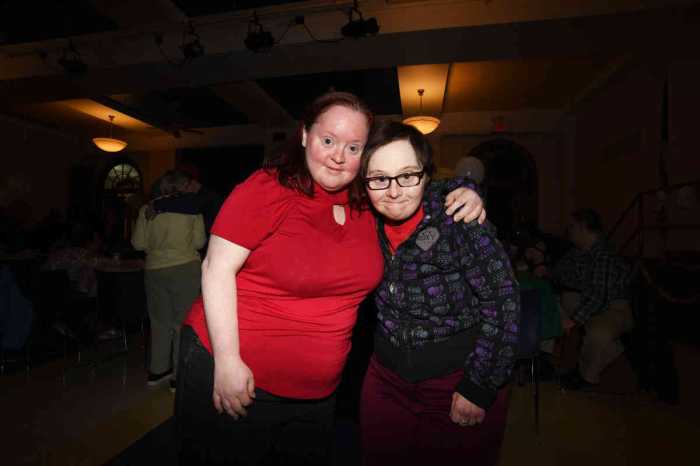An executive order signed on June 5 by Gov. Andrew Cuomo authorizes special education services statewide to resume for the summer term starting the first week of July — but New York City service providers say they’re still a long way from business as usual.
“Right now I don’t think it’s going to make any difference to us in the near future,” said Joe Riley, CEO of the Guild for Exceptional Children, which operates programs for children with developmental disabilities in Bay Ridge. “I don’t think we’re ready to do that.”
It’s unlikely city services will be operating in person this summer out of an abundance of caution and transportation concerns, according to Riley, who said the Guild has permission from the state Department of Education to continue virtual learning through the summer — and they plan on utilizing it.
The biggest problem posed by a return to in-person school this summer would lie in transportation, Riley said. As they currently exist, the school buses the Guild uses would not allow for adequate social distancing of the students. The school bus companies that contract with the state DOE would have to reach an agreement with the state regarding their reimbursement and the steps the bus companies would need to put in place to safely transport students, according to Riley.
“I don’t think all of that has been worked out,” he said.
But the head of the Guild said he has hope that the kinks will be worked out by September, leaving open the possibility of in-person school come the fall semester.
Families of children with special needs have been thrown for a loop under remote learning, with some students adjusting to the changes and others still struggling to adapt. The sudden, often unexplainable, break from routine, has proved difficult for many children with developmental disabilities — especially those who typically receive services like Applied Behavior Analysis education, a learning model which emphasizes repetition.
The only situation Riley said he could see working for this summer would be if all students were able to be dropped off by their families in the morning and picked up by the end of the day. But in that case, schools would have to put their own precautions in place, such as regular temperature checks that would require any child with a high temperature to be isolated until they can be picked up.
“My best hope is that that will be worked out by September,” Riley said. “By then I think a lot of parents will be hoping that their children with special needs can be served in a school.
This story is part of an ongoing series about group homes on the front lines of the COVID-19 crisis, and the pandemic’s impact on those with developmental disabilities.

























